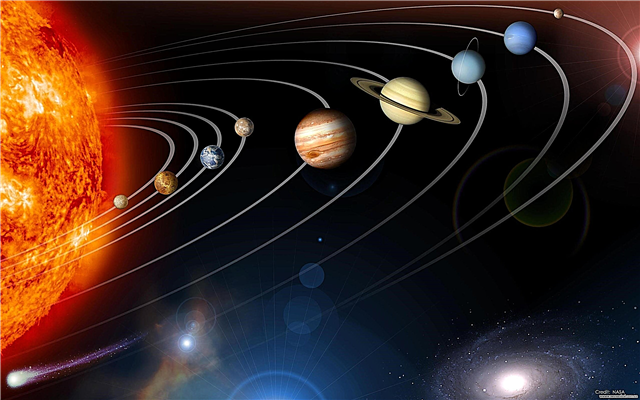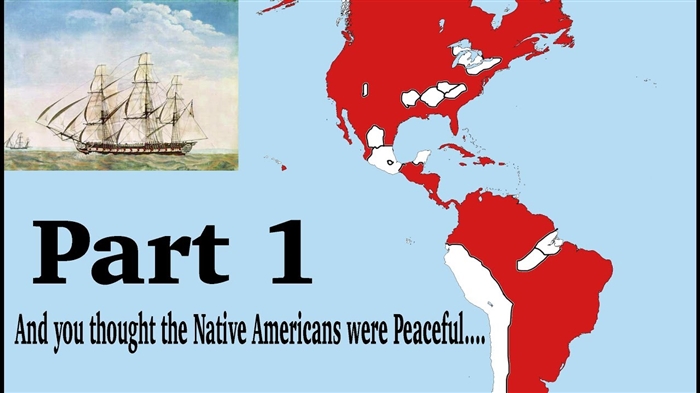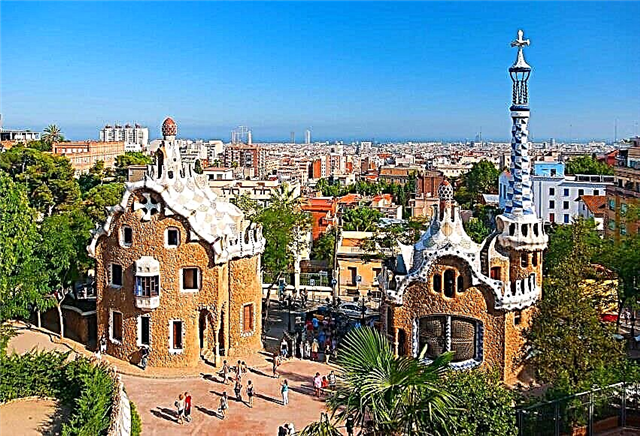What is revolution? This word is familiar to the overwhelming majority of people, but not all of them know what a revolution can be. The fact is that it can manifest itself not only in politics, but also in a number of other areas.
In this article, we will tell you what revolution means and what consequences it leads to.

What does revolution mean
Revolution (lat. revolutio - turn, revolution, transformation) is a global transformation in any sphere of human activity. That is, a leap in the development of society, nature or knowledge.
And although a revolution can take place in science, medicine, culture and any other area, this concept is usually associated with political change.
A number of factors lead to a political revolution, and in fact to a coup d'etat:
- Economic problems.
- Alienation and resistance of the elites. Senior leaders are fighting among themselves for power, as a result of which disaffected elites can take advantage of popular discontent and cause mobilization.
- Revolutionary mobilization. Popular outrage, backed by the support of the elites, turns into a riot for various reasons.
- Ideology. A radical struggle of the masses, uniting the demands of the population and elites. It can be caused by nationalism, religion, culture, etc.
- Favorable international environment. The success of a revolution often depends on foreign support in the form of a refusal to support the current government or consent to cooperate with the opposition.
One ancient thinker warned: "God forbid you to live in an era of change." Thus, he wanted to say that after the accomplishment of revolutions, the people and the state have to "get on their feet" for a long time. Nevertheless, revolution can not always have a negative connotation.
For example, an agrarian, industrial, information or scientific and technological revolution usually makes life easier for people. More improved methods of performing certain tasks are being created, which save time, effort and material resources.
Not so long ago, people, for example, corresponded with each other using paper letters, waiting for a response to their letter for weeks or even months. However, thanks to the scientific and technological revolution, during which the Internet appeared, communication has become easier, cheaper and, most importantly, faster.









